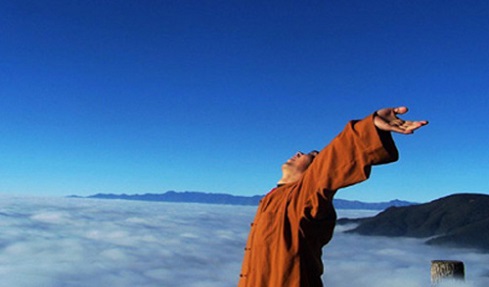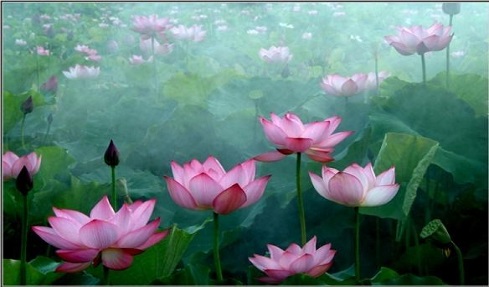Many poor people believe that lack of money is the reason for their pain, and if one day they were to get money, there would be no pain. However, if they really became rich one day, they would find out that their pain has not disappeared; on the contrary, more suffering is awaiting them. So, a hard life is not the root cause of suffering since many people with a hard life enjoy more happiness than rich people.
The Buddha taught us that the real origin of suffering is attachment to money, people and things. There are many kinds of attachment: attachment to the self is called self-grasping, and attachment to external possessions, such as money, fame, and fortune, is called clinging to phenomena. If there is no attachment, there will be no suffering if there is no attachment. The Buddhist sutras often talk about “letting go” as an antidote to attachment.
~ Luminous Wisdom 9 : The Principles of Liberation











